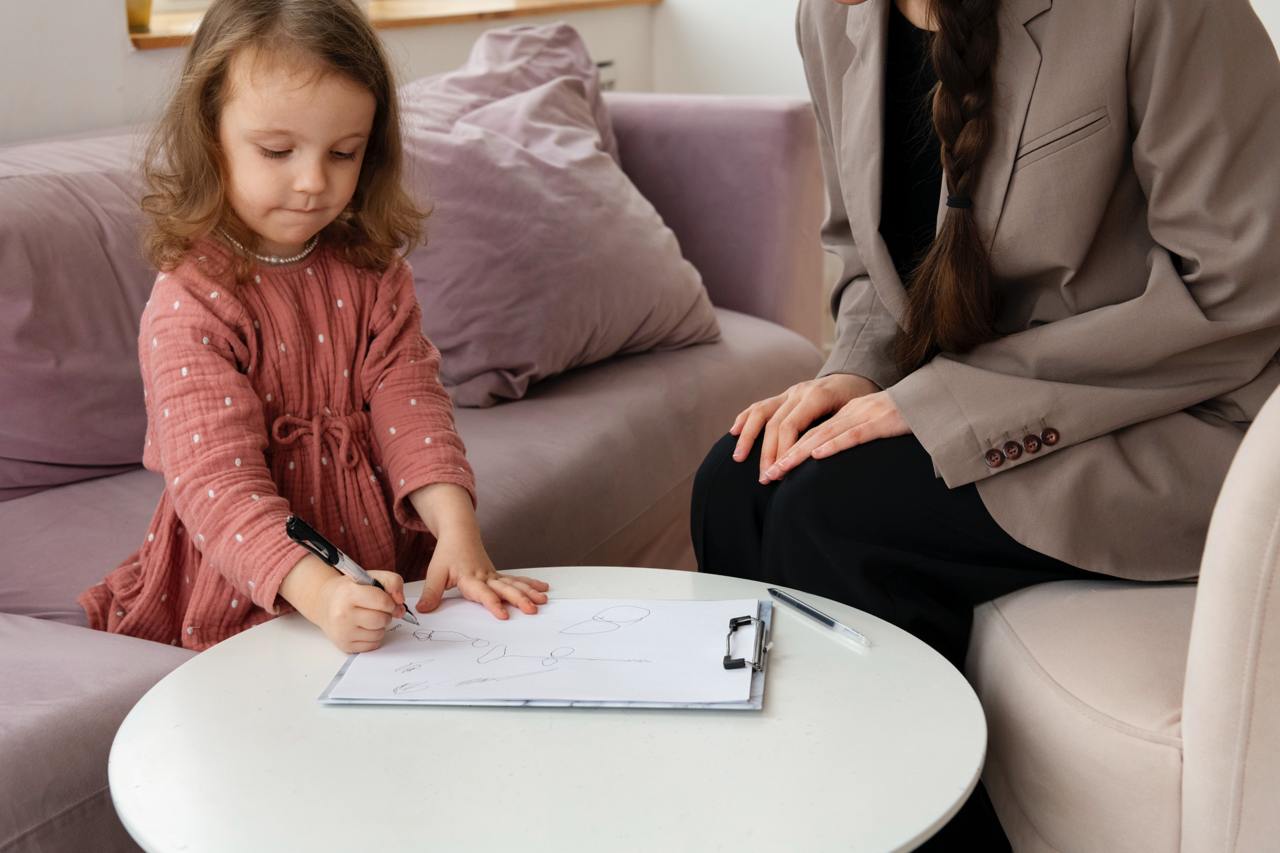A parent who lives separately from the child has the right to communicate with the child and is obliged to participate in the upbringing of the child. The parent with whom the child lives has no right to prevent the other parent from seeing and communicating with the child. Disputes about participation in the upbringing of a child can also be between parents who, after a divorce, live at the same address.
A legal dispute about the participation of a parent in the upbringing of a child may arise when the parent with whom the child lives prevents the other parent from participating in the upbringing of the child.
A parent who asks the court to determine the procedure for his participation in the upbringing of a child must confirm that he is not registered as dependent on alcohol, drugs, is not mentally unstable. It is necessary to collect positive characteristics from work, place of residence.
The court summons a representative of guardianship authority. The guardianship authority must check the home conditions of the parent to determine that the conditions are favorable for the development of the child and submit its conclusion to the court.
The court takes into account the regime of the child’s day and the testimony of witnesses, disagreements between parents on the child’s upbringing, the child’s attachment to parents, etc.




























